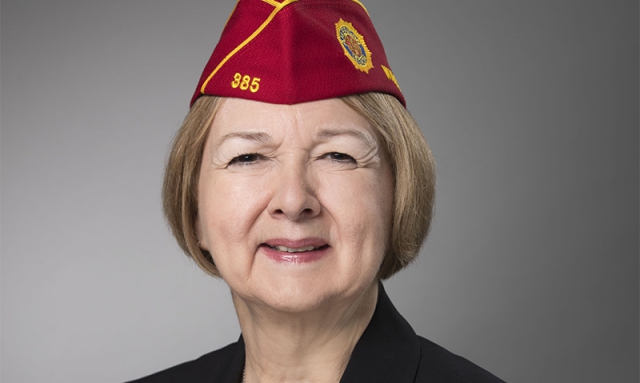
If caregivers are unable to assist veterans at home, many will have to rely on more expensive hospital or long-term nursing care.
Veterans of the global war on terrorism know they have no greater advocate than The American Legion. Whether championing the Post-9/11 GI Bill or demanding accountability from VA, the Legion is on the side of those who served in our nation’s most recent wars.
Of course, American service and sacrifice did not begin on 9/11. They have shaped every war era, going back to George Washington and the Continental Army. So wherever inequities among generations of veterans exist, corrections must be made.
Under VA’s Program of Comprehensive Assistance for Family Caregivers, loved ones who provide lifesaving services to injured heroes are eligible for wide-ranging benefits, including monthly stipends, health-care insurance, respite care and travel expenses. But there’s a catch. An eligible veteran must have incurred or aggravated the line-of-duty injury on or since 9/11. If you’re caring for a veteran of World War II, the Korean War, the Vietnam War or the Persian Gulf War, too bad.
Fortunately, a legislative remedy exists. Under a title of the Senate’s Caring for Our Veterans Act of 2017 – S. 2193 – caregiver benefits would be extended to eligible relatives of pre-9/11 veterans as well. It would be provided in phases, but eventually essential services for caregivers of all war eras would be covered.
According to former Sen. Elizabeth Dole, military caregivers provide nearly $14 billion year in unpaid volunteer work that would otherwise be borne by society. Love is the primary motivation for these caregivers, but they still have tangible needs such as health care and income due to the time required to assist their veterans.
Dole knows the challenges that go with caring for a veteran with disabilities. Her husband, Bob, was severely wounded in World War II. During Senate testimony last year, Dole spoke of the relatives of young patients she met at Walter Reed National Military Medical Center, describing the tremendous responsibilities – and in some cases fear of the future – they now face.
“Just as heartbreaking are the stories of pre-9/11 caregivers who have been supporting their loved ones for years, struggling to care for the latent effects of undiagnosed post-traumatic stress, Agent Orange, exposure to burn pits, or decades-old traumatic brain injuries that are now causing early onset dementia,” Dole said. “These caregivers are just as terrified. Just as isolated. Just as important to their veterans. But when they apply for the VA caregiver stipend, they are told that the timing of their veteran’s service does not qualify them for support.”
Military service is inherently dangerous. Service-connected illnesses, wounds and injuries can happen at any time and in any place. As veterans age, their ailments often worsen. If caregivers are unable to assist veterans at home, many will have to rely on more expensive hospital or long-term nursing care. Not only is this deeply unfair to those who have done so much to defend our freedom, it makes no economic sense.
Throughout my year as national commander, I have made “Family First” my theme. It’s time Congress does the same.
- Magazine

